Mescaline: Comprehensive Guide to Effects, Uses, and Safe Handling
Mescaline is a naturally occurring psychedelic compound found primarily in certain cacti, such as peyote and San Pedro. Known for its profound psychoactive effects, mescaline has been used for centuries in spiritual and medicinal practices. At KetamClinic, we provide high-quality mescaline products suitable for research, educational purposes, and professional applications.
What is Mescaline?
Mescaline is a hallucinogenic alkaloid that induces altered states of consciousness, vivid visual hallucinations, and enhanced sensory perception. Its chemical structure is similar to other psychedelics like LSD and psilocybin but with a unique profile that makes it valuable for clinical research.
Effects and Applications
Users of mescaline report profound changes in thought patterns, mood, and perception, including:
-
Enhanced visual and auditory experiences
-
Increased introspection and emotional insight
-
Spiritual or mystical experiences
In research contexts, mescaline is studied for potential therapeutic uses in treating mental health conditions such as depression, PTSD, and addiction.
Safety and Dosage Guidelines
At KetamClinic, safety is paramount. Mescaline products should only be used in controlled research settings. Dosage varies depending on purity and intended use but generally ranges between 200 to 400 mg for experimental studies.
Please review all safety data sheets (SDS) and handling instructions before use.
Why Buy Mescaline from KetamClinic?
-
Guaranteed purity and quality: Our mescaline is lab-tested to ensure consistency.
-
Discreet, fast shipping: Serving major cities like London, Berlin, Paris, and across Europe.
-
Expert customer support: Guidance on product use and regulations.
Related Internal Links
Useful External Resources
Shipping Areas
We proudly deliver mescaline products to research and academic institutions across:
-
United Kingdom: London, Manchester, Birmingham
-
Germany: Berlin, Hamburg, Frankfurt
-
France: Paris, Lyon, Marseille
-
Netherlands: Amsterdam, Rotterdam, Utrecht
Mescaline: Exploring the Psychedelic Path to Antidepressant Treatments
In recent years, psychedelic substances have gained mainstream attention for their potential in treating mental health disorders. Among these, mescaline—a naturally occurring psychedelic found in certain cacti—stands out for its unique properties and historical significance. This article explores the therapeutic potential of mescaline for depression treatment, how it works, and the benefits it may offer.
📜 A Brief History of Mescaline
Mescaline (3,4,5-trimethoxyphenethylamine) is one of the oldest known psychedelics, traditionally used by indigenous peoples in the Americas for spiritual and healing purposes. It is primarily found in the peyote cactus (Lophophora williamsii) and the San Pedro cactus (Echinopsis pachanoi). Its use in religious ceremonies dates back thousands of years and continues as a sacrament in Native American rituals.
🔬 How Mescaline Works: Mechanisms of Action
Mescaline primarily affects the brain by interacting with serotonin f, especially the 5-HT2A receptor. This leads to altered states of consciousness, perception, and mood.
Key Mechanisms:
-
Serotonin Agonism: Mescaline binds to serotonin receptors, modulating mood and perception, which produces its psychedelic effects.
-
Neuroplasticity: Like other psychedelics, mescaline may promote the brain’s ability to form new neural connections, potentially aiding long-term mental health improvements.
-
Altered Brain Connectivity: Mescaline can enhance communication between different brain regions, encouraging a flexible cognitive state that may help disrupt negative thought patterns linked to depression.
🌟 Therapeutic Potential: Mescaline as an Antidepressant
Emerging research and anecdotal evidence suggest mescaline’s promise as an antidepressant, with potential benefits including:
-
Rapid Onset: Mescaline may provide faster mood improvements than traditional antidepressants, which often take weeks to show effects.
-
Sustained Effects: Antidepressant benefits can last for weeks or months after a single session, reducing reliance on continuous medication.
-
Treatment-Resistant Depression: Mescaline could offer hope for individuals who have not responded to conventional treatments.
🔬 Current Research and Clinical Trials
Although still an emerging field, research into mescaline is progressing:
-
Case Studies & Anecdotes: Many users report significant symptom relief, though further scientific validation is needed.
-
Clinical Trials: Ongoing trials are assessing mescaline’s safety and efficacy in treating depression and other mental health conditions.
-
Comparative Research: Studies comparing mescaline with other psychedelics (e.g., psilocybin, LSD) aim to clarify its unique benefits and mechanisms.
🌍 Potential Global Benefits of Mescaline
The impact of mescaline could extend beyond individual treatments:
-
Lower Healthcare Costs: Long-lasting effects could reduce the need for continuous therapy and medication.
-
Improved Quality of Life: Rapid relief may boost productivity, wellbeing, and social functioning.
-
Holistic Healing: Mescaline often facilitates deep personal insights and emotional breakthroughs, addressing root causes of distress, not just symptoms.
🌿 Integrating Indigenous Wisdom with Modern Science
Mescaline’s traditional use in indigenous ceremonies underscores the importance of blending ancient knowledge with contemporary research. Honoring these practices promotes ethical, respectful, and responsible application of mescaline therapies.
🏞️ Conclusion: Embracing Mescaline’s Potential
Mescaline offers a promising new path for depression treatment, with the potential to transform mental health care. As research advances, it’s crucial to balance scientific rigor with respect for traditional use, aiming for treatments that are effective, holistic, and accessible.
Disclaimer:
This content is for educational purposes only and does not constitute medical advice. Mescaline is a controlled substance in many regions. Its use should be conducted under legal and medical supervision.
| Quantiy | 3.5 grams, 1/4 ounce, 1/2 ounce, 1 ounce |
|---|
Be the first to review “Mescaline” Cancel reply
Related products
DMT
DMT
HERBALS


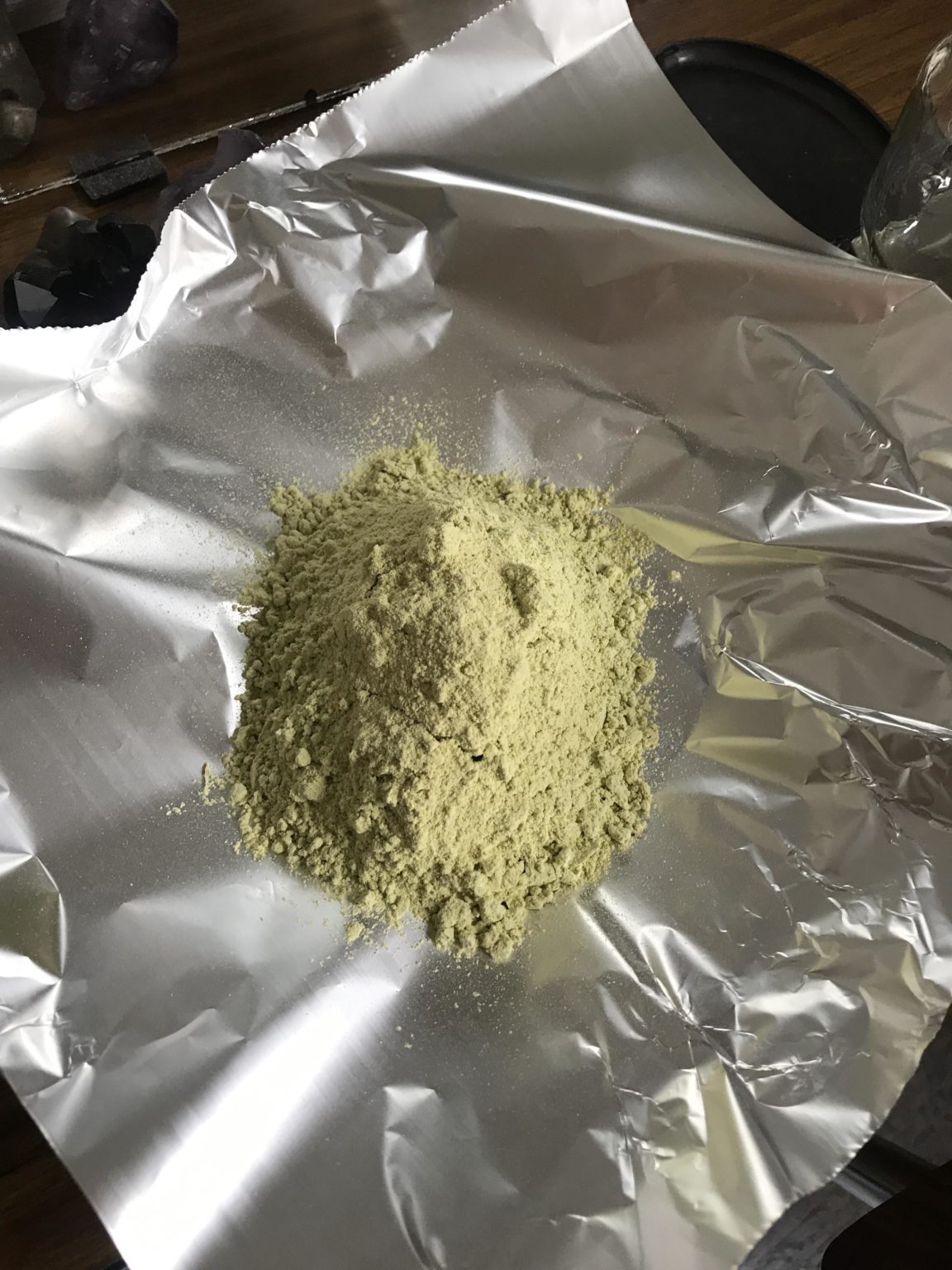
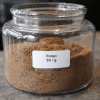

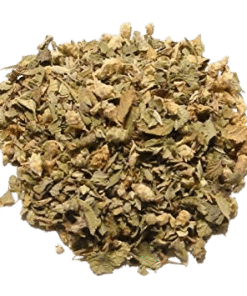
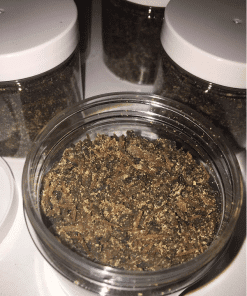
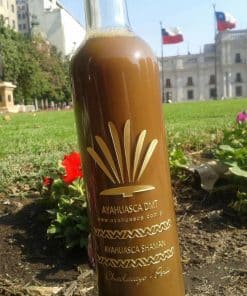
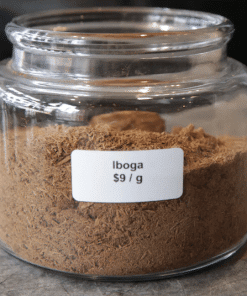
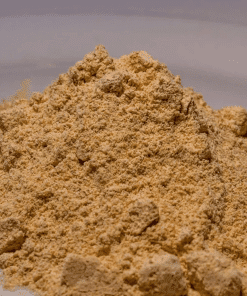
Reviews
There are no reviews yet.